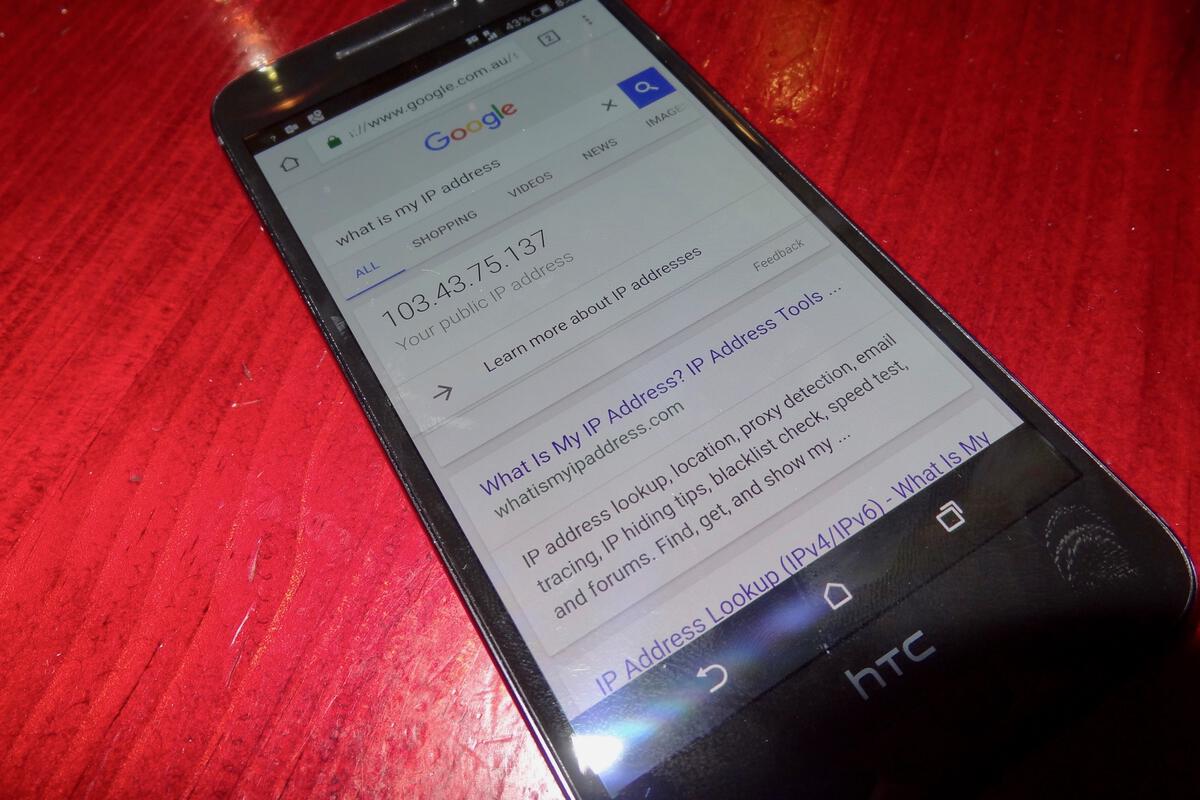BlackBerry claims QNX automotive software is safe from CIA

Credit to Author: Lucas Mearian| Date: Fri, 10 Mar 2017 14:31:00 -0800
A day after it was revealed through WikiLeaks that the CIA has allegedly explored hacking vehicle computer-control systems, including BlackBerry’s QNX OS, the company said its software is safe.
“We are not currently aware of any attacks or exploits against BlackBerry products or services, including QNX. Still, the news is a bit frightening, now that we are in the semi-autonomous driving age and evolving towards fully self-driving cars,” Marty Beard, BlackBerry’s chief operating officer stated in a blog.
BlackBerry claims its QNX software is in 60 million cars represented by more than 240 car models. The company has its sights set on becoming the leading end-to-end software platform provider in connected cars.
To read this article in full or to leave a comment, please click here






